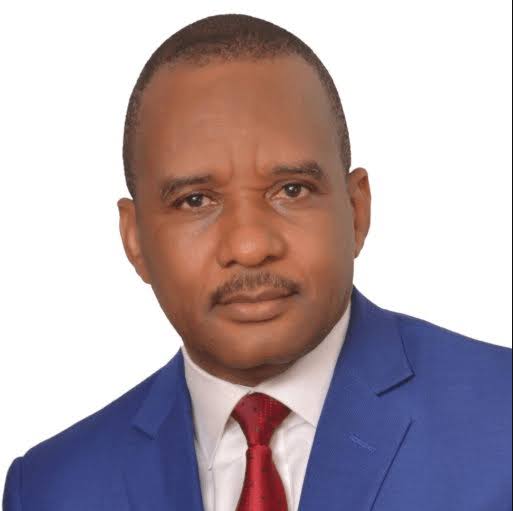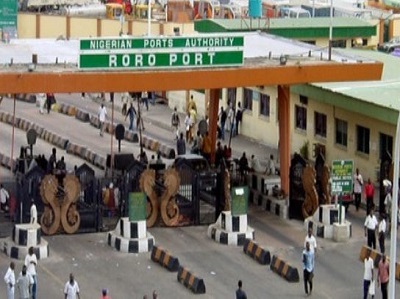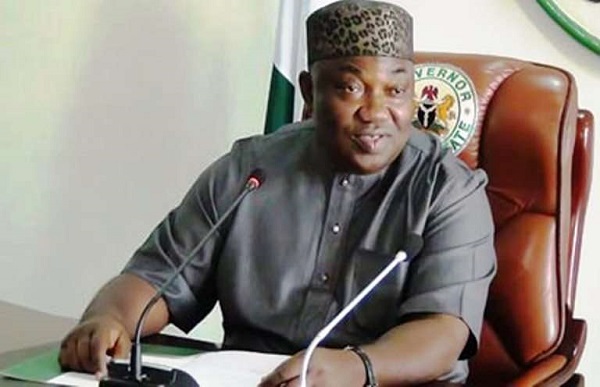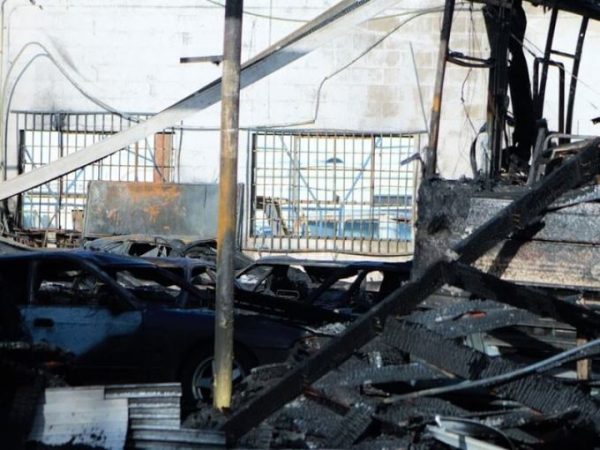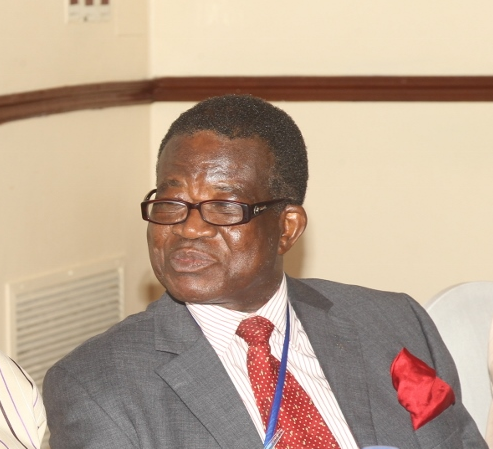
By Kenneth Jukpor
A former Director General of Government Inspector of Shipping (GIS), Engr. Olu Akinsoji has highlighted flaws in the administrative structure of the Nigerian Maritime Administration and Safety Agency (NIMASA).
Recall that GIS merger with National Maritime Authority (NMA) and the Joint Maritime Labour Industrial Council (JOMALIC) birthed NIMASA in 2006.
Akinsoji who was speaking during an exclusive chat with MMS Plus newspaper last week, posited that the function of regulating dock labour was wrongly inputted as NIMASA’s role even as he lampooned the agency’s focus on revenue collection rather than prioritizing safety standards and surveying.
His words: “The problems at NIMASA are numerous and they accumulated over the years. We can’t expect a particular regime to resolve them. Some of the issues started when NIMASA was formed. It was my office (GIS) that was merged with NMA to establish the maritime safety administration known as NIMASA. Since the onset, there has been too much emphasis on dock labour but that is a wrong direction.”
“The appointment of those in charge at NIMASA is political and these appointees are given this wrong impression and they run the organization with it. The complexities of NIMASA are not so technical but administrative. Imagine bringing dock labour to NIMASA, it is an anomaly to me because the factor that determines the performance of Nigerian ports is the labour at the ports. Since Nigerian Ports Authority (NPA) exists, why remove the labour which represents the indices for their performance. Now, we have placed the burden on another agency that has nothing to do with labour at ports.”
“People who rise to the managerial level in NPA must have been trained in port operations like cargo handling, are better placed to manage dock labour, but the function is domiciled in another agency. In my opinion, that arrangement is flawed and it doesn’t augur well for the maritime future of the nation.”
On safety and ship inspection, the former Alternate Representative of Nigeria at the International Maritime Organization (IMO) Council said; “We have lowered the capacity of the nation’s presence on a ship to ascertain whether that ship is safe or not. The pertinent issue at NIMASA has become ensuring that the ship pays Cabotage dues and other levies. The agency is more concerned about enforcing payment of levies than actual safety and standards.”
“The seriousness of this function was what brought in a lot of manpower into NMA. Many people who were employed as surveyors during NMA seem to be irrelevant with the principles of maritime safety administration today. These are the people that matter at the agency because they can give NIMASA its momentum and respectability in the comity of nations, yet their role is downplayed.”
He also argued that departments have been set up in NIMASA in a way that doesn’t reflect an understanding of shipping.
“You put Cabotage somewhere and Shipping Development in another place. What is the difference between these departments? It is just the name. We have been materialistic in our mindsets and that is why such arrangement could occur. This is an anomaly that the Director General of NIMASA, Dr. Bashir Jamoh has no control over, yet it could affect his performance.”
“Dr. Jamoh is a good man who has knowledge about the system, but how would he manage a bad structure? He is constrained by the difficult system to manage and can only thrive to finish his tenure successfully. NIMASA is awkwardly structured to hinder good management,” he added.
URL Copied

